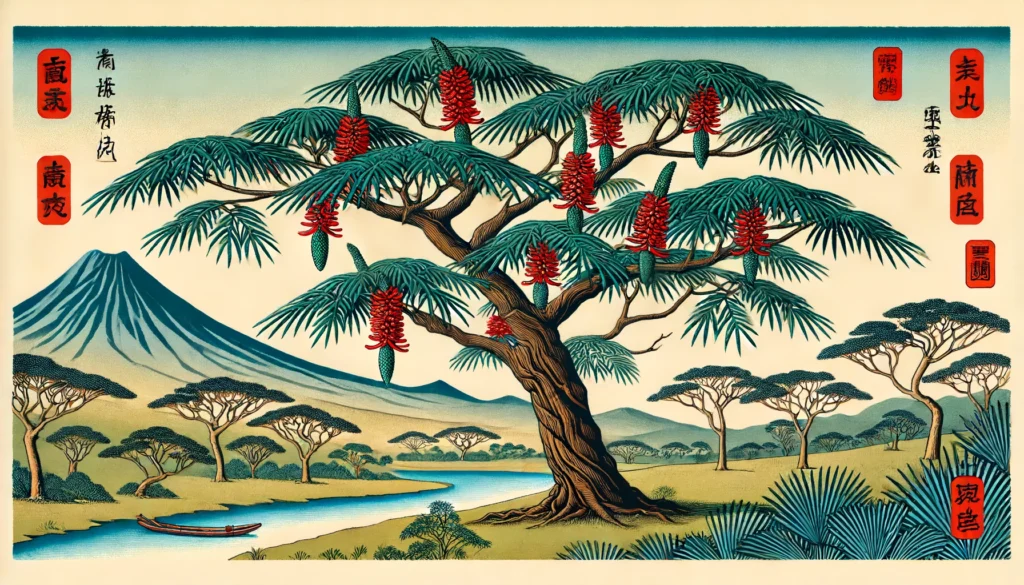

Home » Cat Plants » Is the African Wonder Tree a Hazard for Cats?

The African Wonder Tree, also known as the castor bean plant, castor oil plant, or mole bean plant, is highly toxic to cats. This plant contains ricin, a potent toxin that can be fatal even in small doses.
The African Wonder Tree is commonly found as an ornamental plant in gardens and landscaped areas.
Ingestion may cause mild gastrointestinal upset, but is generally not life-threatening.
Ingestion can result in mild symptoms like vomiting, diarrhea, or drooling. Rarely fatal but may require veterinary care.
Eating these plants can lead to more pronounced symptoms like abdominal pain, lethargy, or difficulty breathing. Veterinary intervention may be necessary.
Ingesting even small amounts can cause severe symptoms like organ damage, seizures, or cardiac failure without rapid treatment.
All parts of these plants are extremely poisonous to cats and can quickly lead to death, even with immediate veterinary care.
** Please note: Please note that toxicity level can vary based on the amount ingested and the specific cat. It's always best to keep these plants completely inaccessible to cats and seek immediate veterinary care or call the poison hotline if you suspect your cat has ingested any part of a toxic plant.
If a cat ingests any part of the African Wonder Tree, especially the seeds, they may experience severe symptoms of ricin poisoning. These can include:
If you suspect your cat has ingested any part of an African Wonder Tree, seek immediate veterinary care. Your vet will likely follow these steps to diagnose ricin poisoning:

A: The African Wonder Tree, also known as the castor bean plant, castor oil plant, or mole bean plant, is a highly toxic ornamental plant commonly found in gardens and landscaped areas.
A: Yes, the African Wonder Tree is highly toxic to cats. It contains ricin, a potent toxin that can be fatal even in small doses.
A: Symptoms of poisoning include loss of appetite, excessive thirst, weakness, trembling, difficulty breathing, bloody diarrhea, seizures, and potentially death.
A: All parts of the African Wonder Tree are toxic to cats, but the seeds are especially dangerous as they contain the highest concentration of ricin.
A: If you suspect your cat has ingested any part of an African Wonder Tree, seek immediate veterinary care. This is a medical emergency that requires prompt professional treatment.
The African Wonder Tree is native to tropical regions of Africa and Asia. It has been cultivated for centuries for its oil-rich seeds, which are used to produce castor oil. This oil has many industrial and medicinal uses.The plant was introduced to other parts of the world as an ornamental species prized for its large, exotic leaves. However, its highly toxic nature was not widely known initially.
Today, the African Wonder Tree is recognized as a dangerous plant that should be avoided in areas frequented by children, pets, or livestock.
Please note: The information shared in this post is for informational purposes only and should not be considered as veterinary medical advice.
🐾 A hilarious or heart-melting cat video
🐾 Our latest paws-on review of a cool cat toy